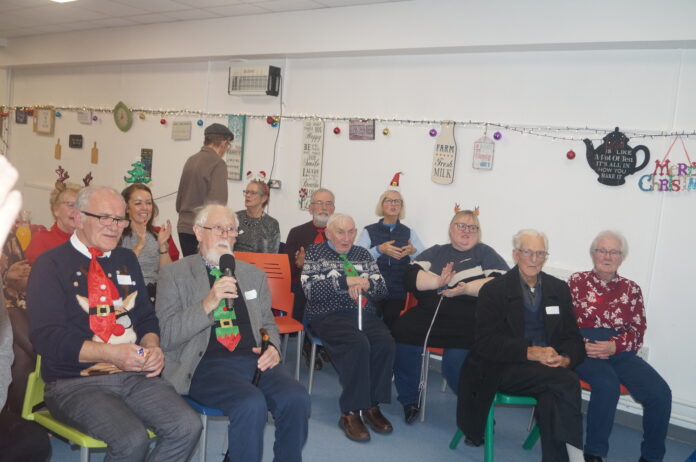
LIVING with dementia is a huge challenge, both for the person living with the disease and those caring for them.
And very often the challenge is exacerbated by the fact that dementia can leave people isolated as friends and colleagues carry on with their own lives, unsure of how to help.
Enter the Limerick Dementia Social Club, with the focus on ability instead of disability and sociability rather than isolation for sufferers and carers.
The club aspires to reduce stigma and social isolation for people living with dementia and promotes open discussion, interactive fun, and meaningful activities, as well as acceptance, engagement, and new learning around the condition.
With meetings, outings, events classes, and social gatherings twice a month, club organisers say there’s an opportunity for everyone to try something new or creative, enjoy the company of people who understand what living with dementia means, and allow some space to step away from the negative for a while.
The Limerick Dementia Social Club was established in 2018 by a committee of Garda vetted volunteers with a background in frontline nursing and allied health professionals.
The mission of the club is to provide a safe and caring community-based social space for people with dementia, their carers, family members, and supporters.
The club meets on the first and third Wednesday of every month from 6.30pm to 8.30pm in Our Lady of Lourdes Community Cafe in Rosbrien.
“Studies have shown that supports like this relieve carer strain and support people to continue to live well with dementia in the community,” club chairperson Mags O’Sullivan told the Limerick Post.
“Psychosocial interventions such as art and music therapy, promoting skills such as reading, puzzles, and games, shift the focus from disability to ability. These interventions provided by the club promote the capabilities of people with dementia and encourages communication and engagement. No referral is needed. Any person with dementia and their carer are welcome to attend.”
Club members with dementia are of varying ages, abilities, and diagnoses, with many young onset dementia members as well as older people. The carers of those with dementia range from spouses, siblings, parents, adult children, friends, and neighbours.
The club says that everyone who comes along to meetings is either living with dementia or supporting someone who is.
A social health perspective suggests that focusing on the capabilities of those with dementia through practices such as psychosocial interventions can improve wellbeing outcomes.
The first meeting each month is broken down into information, talks, and activities, while the second night involves, among other things, singing with the Melodies Memory Choir.
There are also outings, parties, dancing, and social events to give everyone a chance to let their hair down and celebrate special occasions such as birthdays.
Those who would like more information or would like to attend a club meeting is invited to ring chairperson Mags O’Sullivan on 087 918 9833. Alternatively the club phone can be reached on 089 493 6982 or by email on [email protected].










